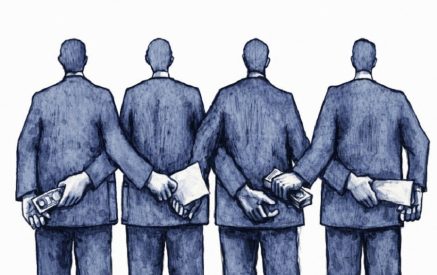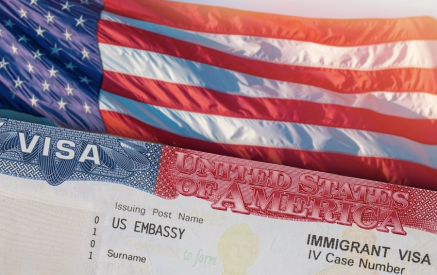Every election in Armenia for the last 21 years has been praised by the West as a step in Armenia’s democratic progress. That this tiny Christian nation has held elections at all strikes the outside world as worthy of applause. After centuries of Ottoman oppression, culminating in a genocide that wiped out two-thirds (1.5 million) of its people and robbed the rest of their homes, followed by 70 years of Soviet rule, the emergence in 1991 of an independent state with the name “Republic of Armenia” was something of a miracle. The smallest post-Soviet republic is landlocked and largely mosque-locked: Armenia enjoys Turkey, Iran, Georgia, and Azerbaijan around its borders. The latter threatens war at any moment to reoccupy the ancient Armenian territory of Mountainous Karabakh—the Stalin-carved region Armenians fought to liberate in 1993—and spends millions hosting diplomats and journalists to inform them of the evil “Armenian enemies” who control the world’s media and banks.
Corruption seems like small potatoes in a climate like this. Which is one reason so few in the outside world have bothered to notice how Armenia’s political culture is reversing the triumph of its independence, guiding the nation steadily deeper into the lap of Grandmother Russia.
























































